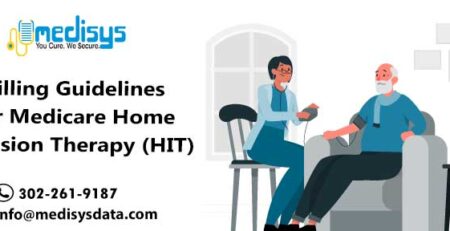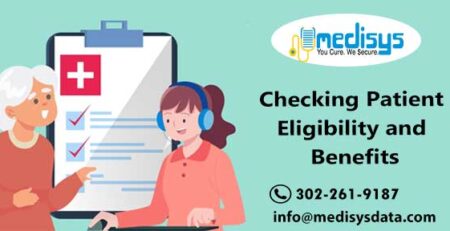Revenue cycle management (RCM) is the backbone of the healthcare industry as every healthcare organization needs to develop successful processes and policies for financial stability. The healthcare RCM begins with patients appointment to seek medical services while ends on settlement of claims and payment collection. The key stakeholders in this healthcare RCM are Physicians, patients, and the payers.
Physicians and patients are directly part of the care delivery process, while the payers participate in it as the driving force of the process. Nowadays outbreak of the novel coronavirus is posing many challenges to the healthcare RCM such as billing and coding, patients’ financial responsibilities and allocation of resources.
According to the latest situation report from the World Health Organization, there are over 109,500 confirmed cases of COVID-19 across the globe and intensive services needed to treat these COVID-19 patients which are putting pressure on already-limited resources. Stock prices of major for-profit hospital are falling due to outbreak of corona. Moreover, non-profit hospital systems, academic medical centers, and physician practices are also facing financial challenges from COVID-19.However, healthcare providers are rapidly implementing emergency preparedness plans, managing large number of patients, acquiring diagnostic tests and identifying and protecting staff. Also, the government and payers are helping these healthcare providers to overcome challenges presented by COVID-19.
Continuous functioning of billing office is important to keeping hospitals and practices open for infected individuals during an outbreak can be a challenge for smaller organizations which are having limited cash in hand to respond to COVID-19 demands but Centers for Medicare and Medicaid Services (CMS) is helping healthcare providers to handle the medical billing and coding aspect of COVID-10 testing and treatment. Moreover, CMS recently released guidance on billing and reimbursement for treating COVID-19 in which agency reminded providers that Medicare will pay for evaluation and management (E/M) and other services furnished in a beneficiary’s home by a physician or non-physician practitioner. Also, medicare will reimburse providers for many non-face-to-face services used to assess and manage a beneficiary’s condition to achieve more rapid coronavirus diagnostic testing capacity, the FDA will allow certain clinical laboratories, including some hospital labs, to use diagnostic kits which is developed in-house to test their patients for COVID-19.
Patient’s financial responsibility is again a challenge as several reports concluded that patients are charged heavily in medical bills after seeking care for potential coronavirus symptoms. Healthcare providers are already struggling to implement new collection strategies during these emergency situations while payers are acknowledging the difficulties arising from patient financial responsibility. However, America’s Health Insurance Plans (AHIP) is implementing solutions to lowering out-of-pocket costs for people seeking testing for and treatment of COVID-19. The outbreak of corona virus put heavy burden on healthcare systems such as shortages of staff, space and supplies. The allocation of resources is extremely important for running operations during rising demand for such resources for the patients who needs more care.












